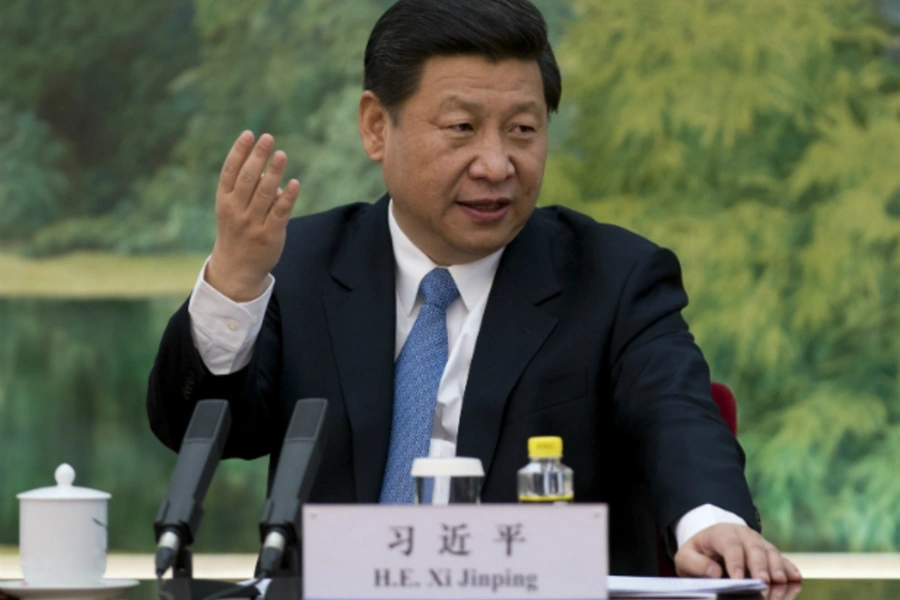More on:
With multiple reports pouring out about North Korea’s preparations for a third nuclear test and KCNA’s own reporting on meetings at which Kim Jong-un has made important decisions, it is clear that diplomatic efforts to prevent North Korea from conducting a third nuclear test are likely to fail. As the international community embarks on the by-now familiar template of pushing for a new UN Security Council resolution and tightening sanctions, the almost universal question will be how far China is willing to go in punishing its erstwhile neighbors in Pyongyang.
A recent Chinese editorial in Global Times suggesting that China should squeeze the lifeline to Pyongyang has stirred speculation that China’s new leadership under Xi Jinping might finally be ready to take a different course. Others see China’s strong defense of North Korea over the course of the last three years as evidence of the extent to which China is committed to keeping North Korea as a buffer against a democratic, capitalist Korean peninsula. A third North Korean nuclear detonation will certainly provide an early test of China’s foreign policy under Xi Jinping’s leadership, and an effective international response will require elevating North Korea as a top priority in U.S.-China relations, as Bonnie Glaser has recommended in a CSIS report released last November.
Among North Korea’s neighbors, China has shown the greatest policy variability in its responses to North Korea’s nuclear tests thus far. Following the 2006 nuclear test, Hu Jintao criticized North Korea harshly and high-level ties suffered. In 2009, China supported a stronger-than-expected UN Security Council Resolution condemning the tests but then undertook a comprehensive engagement policy toward North Korea that entailed protection of the North from international condemnation. The decision by China last month to support UN Security Council Resolution 2087 criticizing North Korea’s December 2012 satellite launch raises the possibility of a third Chinese policy shift following a North Korean nuclear test. Certainly, the United States and South Korea will work to seize the potential opportunity to garner Chinese support and forge a unified UN response, in addition to possibly push once again for five party talks given the statement from the DPRK National Defense Commission withdrawing from the Six Party Talks.
China’s response will not only demonstrate the new leadership’s position on North Korea’s nuclear program, but also provide insight into Chinese assessments of North Korean political stability. If China sees North Korea’s test as evidence of political infighting in North Korea, it is less likely to change its current policy approach toward the North out of fear that tougher international sanctions might lead to North Korea’s destabilization. On the other hand, if China sees North Korea’s test as evidence of North Korea’s political consolidation but in a direction contrary to Chinese interests, there is a higher possibility that China might align itself more closely with the international community and against North Korea in the aftermath of a North Korean test.
More on:
 Online Store
Online Store
